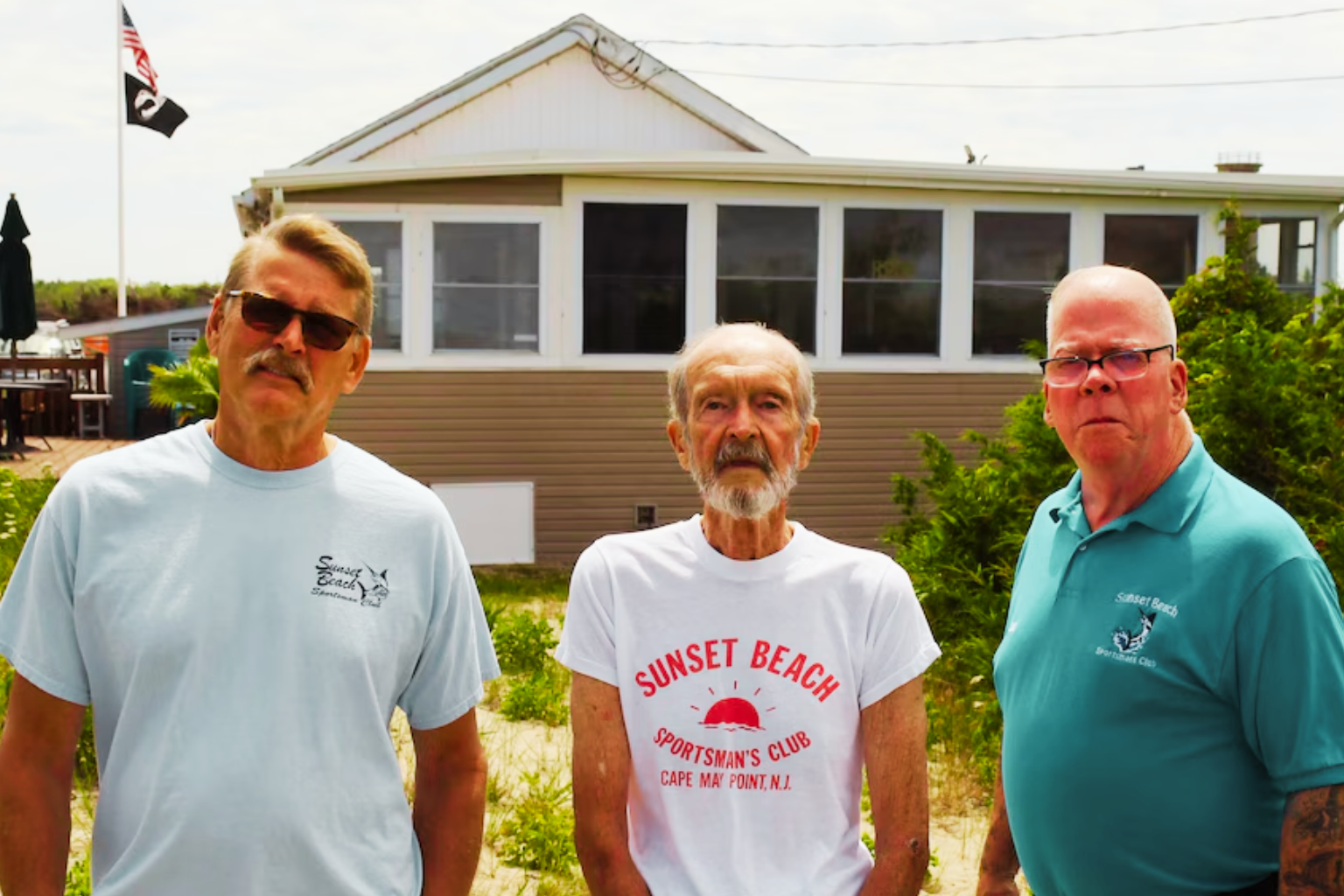Court Orders Jersey Shore Fishing Club to Leave State Wildlife Land After Decades of Occupancy

The Sunset Beach Sportsmen’s Club must leave its longtime site on state-protected land in Cape May County, according to a New Jersey appeals court, as its lease was never renewed. The Cape May Superior Court verdict giving the property to the New Jersey Department of Environmental Protection was upheld.
A site at Higbee Beach in Lower Township has been home to the club since the mid-20th century. The group was founded in 1950 and incorporated in 1957, although its land usage has been disputed. The critical disagreement centers on a 1982 lease between the club and Harbison-Walker Refractories, which owned the land. When the state bought the property in 1999 to incorporate in the Higbee Beach Wildlife Management Area, it had to determine its legal use.
The club failed to negotiate a new lease with DEP, and no new agreement was ever signed. The appeals court determined that the organization did not properly exercise any renewal option, so its occupation became unlawful when the lease expired. Over twenty years, it stood without approval.
The DEP issued a notice to vacate in February 2022, citing the club’s failure to comply with state rules—particularly alcohol limits in wildlife management areas—and probable inconsistencies with federal grant criteria used to finance the site acquisition. The club argued that decades of allowed residency gave it a right to stay and that the eviction was unfair.
Courts rejected their claims. The appellate court ruled that the lease was clear and that the DEP gave appropriate notice to terminate. It also found the club’s counterclaims—breach of contract, promissory estoppel, and relocation protection violations—insufficient. Under government entity good faith doctrines, the court found no unfair DEP activity.
The DEP can get a removal warrant after November 11 with this ruling. The club must give up the land unless an appellate court intervenes. The New Jersey Attorney General’s Office and the club’s counsel have not commented on the ruling.
This case shows the legal risk of long-term use without renewal or authorization. When formal lease agreements expire or conditions change, oral understandings or passive tolerance may not be allowed for organizations on public or protected areas. The court stressed the need of explicit contracts and compliance with legislation, especially when public property, environmental safeguards, and grant restrictions cross.



